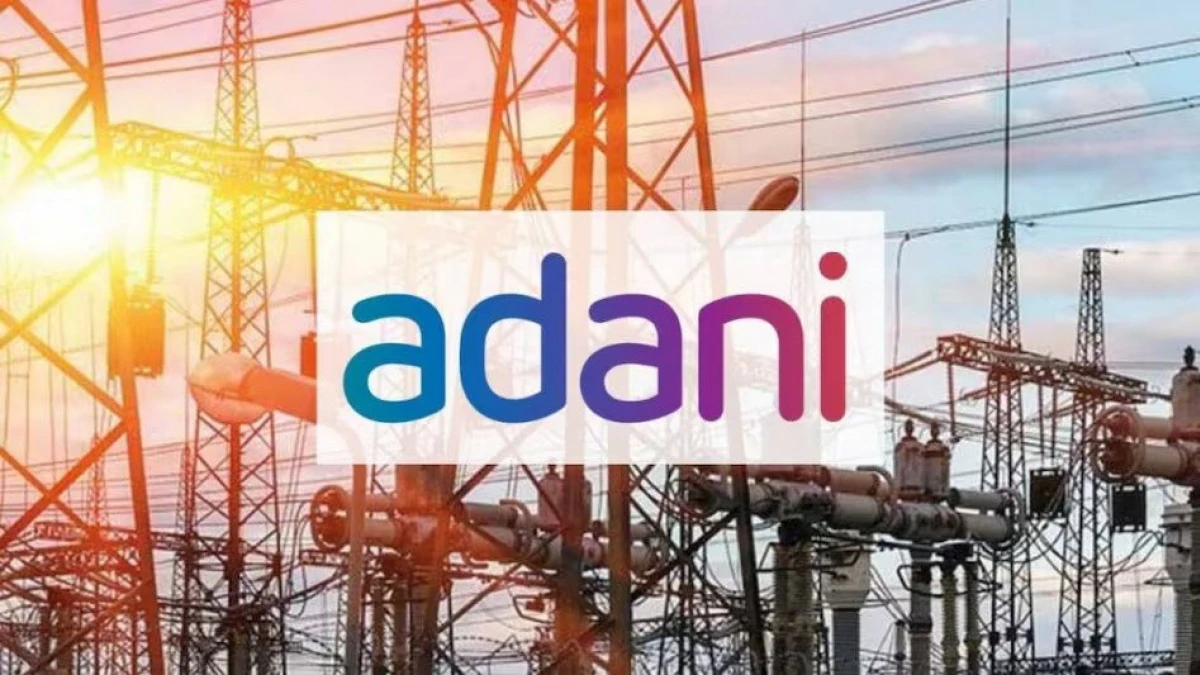
Congress Government, Led by CM Revanth Reddy, Moves Towards Privatization of Power Distribution
New Delhi June 28
In a significant policy shift, Chief Minister Revanth Reddy announced the Congress government’s decision to privatize power distribution in Hyderabad’s old city by handing over responsibilities to the Adani Group as a pilot project. The announcement was made during a press briefing in Delhi on Thursday.
The Chief Minister explained that the decision was driven by persistent issues of unpaid electricity bills and instances of violence against government staff tasked with bill collection in the old city. By involving a private entity like the Adani Group, the government aims to streamline the process, improve efficiency, and ensure better compliance with payment protocols.
Under this new arrangement, the state government will receive 75% of the revenue collected by the Adani Group, with the remaining 25% going to the Adani Group as their operational share. This revenue-sharing model is designed to benefit the state while incentivizing the Adani Group to manage the power distribution effectively.

CM Reddy confirmed that discussions with the Adani Group have been positive, and they have expressed their agreement to take on this responsibility. The Adani Group has been requested to prepare a comprehensive project report detailing their approach and implementation plan for the pilot project.
The pilot project in the old city of Hyderabad is just the beginning. The state government has plans to extend this privatization model to cover the entire city of Hyderabad. Depending on the success of these initiatives, the model may eventually be rolled out across the entire state, marking a significant shift in how power distribution is managed in Telangana.
This move has the potential to set a precedent for other states grappling with similar issues in power distribution. By partnering with private enterprises, the government aims to address operational inefficiencies, enhance revenue collection, and improve overall service delivery to consumers.

Adani Group to Take Over Power Distribution in Old City of Hyderabad with 37% Power Loss
The move comes as a response to high power distribution losses in the old city. To address these issues, the government plans to lay underground power lines and hand over 75 percent of the bill collections to the Adani company.
An agreement to this effect was made during the World Economic Forum held in Davos on January 17, 2024, in the presence of Gautam Adani, head of the Adani Group, and CM Revanth Reddy. As part of the agreement, the Adani Group will invest ₹12,400 crores in the state, making four major deals. One of these deals includes taking over the franchise for electricity distribution in the old city.
Representatives from the Adani Group recently met with CM Revanth Reddy in Delhi, where they presented the details of the franchise project through a power point presentation. The CM suggested that they develop a comprehensive plan for this initiative.
This move is seen as part of the central government’s long-standing pressure on state power companies to privatize DISCs. The state government’s decision aligns with this broader strategy.
As part of the Davos agreement, the Adani Group has also acquired Hyderabad-based Penna Cement Industries through its subsidiary Ambuja Cements, investing ₹1,400 crores for plant expansion. Additionally, the group is set to construct a 100 MW data storage center in Hyderabad at a cost of ₹5,000 crores.
Furthermore, Adani Green Energy Limited (AGEL) will undertake the construction of solar power plants with a capacity of 850 MW at Koya Bestagudem and 500 MW at Nachar. These projects will supply electricity to the newly constructed underground power lines in the old city, with a dedicated fund of ₹5,000 crores allocated for this purpose.
A senior official from the Telangana State Power Distribution Corporation Limited (TGSPDCL) noted that power losses in the old city have reduced from 40 percent to 37 percent, indicating progress in addressing the issue.


